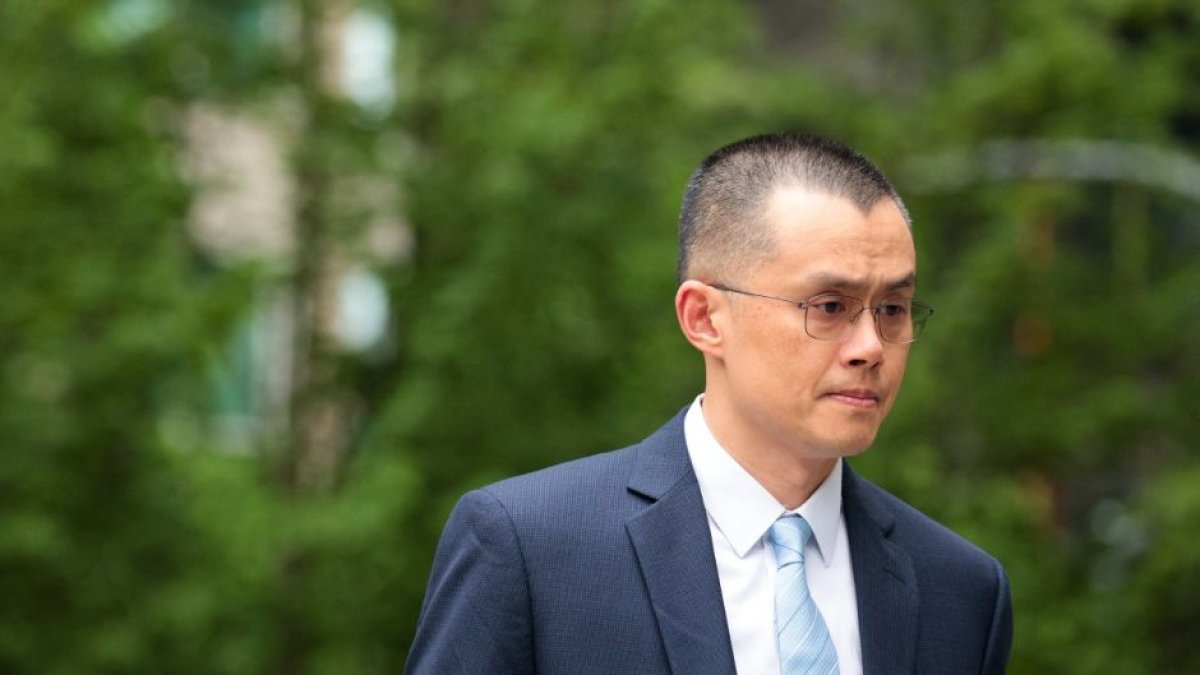Binance founder Changpeng Zhao was sentenced in Seattle to four months in prison after pleading guilty to allowing money laundering on his platform
"You had a responsibility to comply with United States regulations (...) and you failed," the judge told him when announcing his sentence.

(Jason Redmond/ AFP)
This Tuesday, Changpeng Zhao, the founder of Binance, received a four-month prison sentence after pleading guilty to allowing money laundering on the cryptocurrency exchange platform.
U.S. District Judge Richard A. Jones reprimanded Zhao, 47, for his failure to comply with U.S. regulations. "You had a responsibility to comply with United States regulations. Not some but all. You failed at that," the judge said in Seattle federal court.
Despite that, the sentence was considerably less than the three years in prison that prosecutors recommended, arguing that Zhao allowed criminals to use Binance for illicit financial movements while profiting from it.
However, Zhao's lawyers requested bail, citing his lack of criminal record and the repercussions he had already faced. It should be remembered that last November, the founder of Binance reached an agreement that included accepting his guilt, resigning as CEO of Binance, and paying a criminal fine of $50 million.
During the hearing, Zhao also expressed regret and acknowledged the seriousness of his mistakes. "I deeply regret my behavior and I’m sorry (…) I failed to implement an adequate anti-money laundering program... I realize now the seriousness of that mistake,” Zhao told the judge.
Binance has already been embroiled in numerous legal disputes in the United States, including accusations of violating investor protection laws and money laundering. In a deal with the Justice Department, the company pleaded guilty to money laundering violations and also agreed to pay a total of $4.3 billion in fines and submit to oversight by an independent monitor.
A company spokesperson assured that Binance has already made “considerable compliance enhancements” when it comes to anti-money laundering detection and “hiring key compliance personnel.”
However, the crypto company is still involved in a civil lawsuit filed by the Securities and Exchange Commission (SEC) over alleged irregularities in the management of client assets and for operating an illegal and unregistered exchange in the country.
























